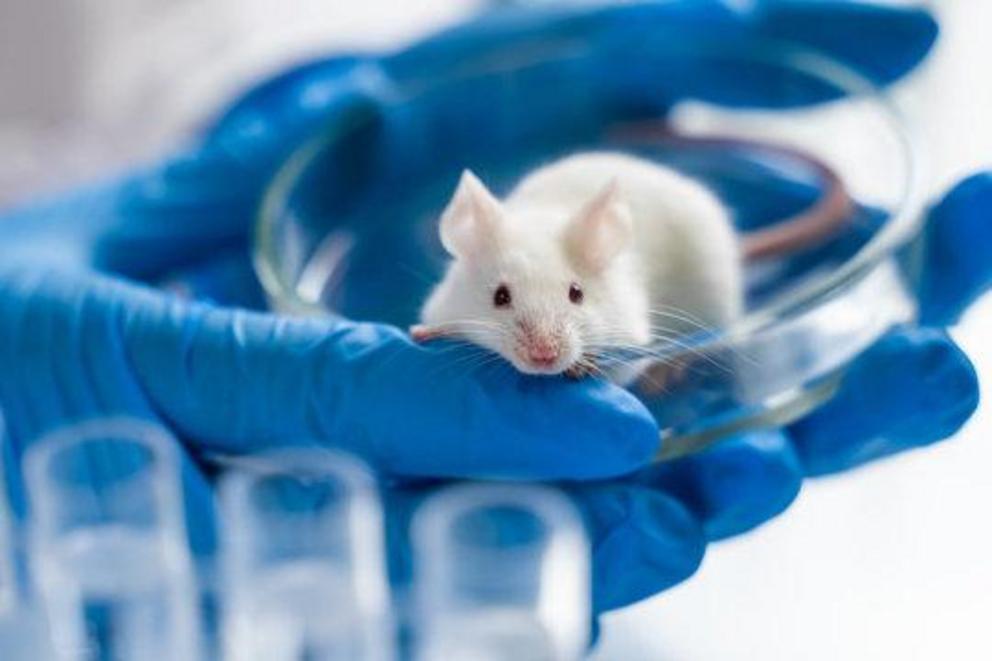Scientists reverse reproductive clock in mice
Source:
University of Queensland
Summary:
Researchers have lifted fertility rates in older female mice with small doses of a metabolic compound that reverses the aging process in eggs, offering hope for some women struggling to conceive.
FULL STORY
Researchers have lifted fertility rates in older female mice with small doses of a metabolic compound that reverses the aging process in eggs, offering hope for some women struggling to conceive.
The University of Queensland study found a non-invasive treatment could maintain or restore the quality and number of eggs and alleviate the biggest barrier to pregnancy for older women.
A team led by UQ's Professor Hayden Homer found the loss of egg quality through aging was due to lower levels of a particular molecule in cells critical for generating energy.
"Quality eggs are essential for pregnancy success because they provide virtually all the building blocks required by an embryo," Professor Homer said.
"We investigated whether the reproductive aging process could be reversed by an oral dose of a 'precursor' compound -- used by cells to create the molecule."
The molecule in question is known as NAD (nicotinamide adenine dinucleotide) and the 'precursor' as NMN (nicotinamide mononucleotide).
Professor Homer said fertility in mice starts to decline from around one year of age due to defects in egg quality similar to changes observed in human eggs from older women.
"We treated the mice with low doses of NMN in their drinking water over four weeks, and we were able to dramatically restore egg quality and increase live births during a breeding trial," Professor Homer said.
Professor Homer said poor egg quality had become the single biggest challenge facing human fertility in developed countries.
"This is an increasing issue as more women are embarking on pregnancy later in life, and one in four Australian women who undergo IVF treatment are aged 40 or older," he said.
"IVF cannot improve egg quality, so the only alternative for older women at present is to use eggs donated by younger women.
"Our findings suggest there is an opportunity to restore egg quality and in turn female reproductive function using oral administration of NAD-boosting agents -- which would be far less invasive than IVF. It is important to stress, however, that although promising, the potential benefits of these agents remains to be tested in clinical trials."
This study was conducted in collaboration with UNSW and published in the journal Cell Reports.
Journal Reference:
- Michael J. Bertoldo, Dave R. Listijono, Wing-Hong Jonathan Ho, Angelique H. Riepsamen, Dale M. Goss, Dulama Richani, Xing L. Jin, Saabah Mahbub, Jared M. Campbell, Abbas Habibalahi, Wei-Guo Nicholas Loh, Neil A. Youngson, Jayanthi Maniam, Ashley S.A. Wong, Kaisa Selesniemi, Sonia Bustamante, Catherine Li, Yiqing Zhao, Maria B. Marinova, Lynn-Jee Kim, Laurin Lau, Rachael M. Wu, A. Stefanie Mikolaizak, Toshiyuki Araki, David G. Le Couteur, Nigel Turner, Margaret J. Morris, Kirsty A. Walters, Ewa Goldys, Christopher O’Neill, Robert B. Gilchrist, David A. Sinclair, Hayden A. Homer, Lindsay E. Wu. NAD Repletion Rescues Female Fertility during Reproductive Aging. Cell Reports, 2020; 30 (6): 1670 DOI: 10.1016/j.celrep.2020.01.058

